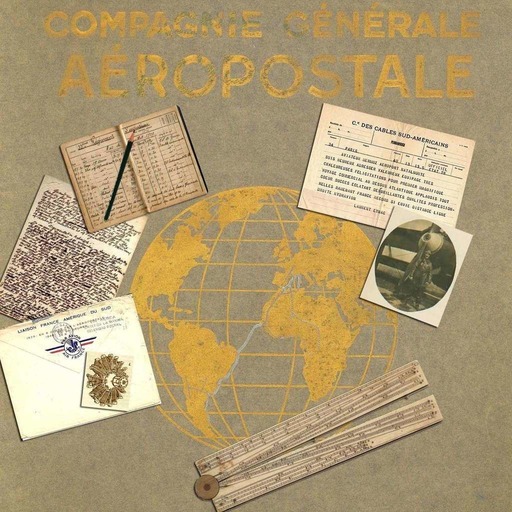They are hulking, but graceful -- human-made whales that float in the air. For over a century, lighter-than-air vehicles have captured the public imagination, playing a recurring role in our dreams of alternate realities and futures that might have been. In these visions, cargo and passengers traverse the globe in smoothly gliding aircraft, then dock elegantly at the mooring towers on top of Art Deco skyscrapers.
Today, blimps are mostly just PR gimmicks, but for 100 years, lighter-than-air crafts were seriously considered as the perfect design solution for all kinds of problems, at least in theory. And despite setbacks and failures, people just wouldn’t give up on the promise of airships.
The most promising (and most opulent) rigid airship of the 1920s era was Britain’s R101 (the R stands for rigid) and its rise and dramatic fall is the primary subject of engineering expert Bill Hammack’s new book about Britain’s last great airship, called Fatal Flight.
Airships and the Future that Never Was
Subscribe to SiriusXM Podcasts+ on Apple Podcasts to listen to ad-free new episodes and get exclusive access to bonus content.


 Emissions
Emissions









